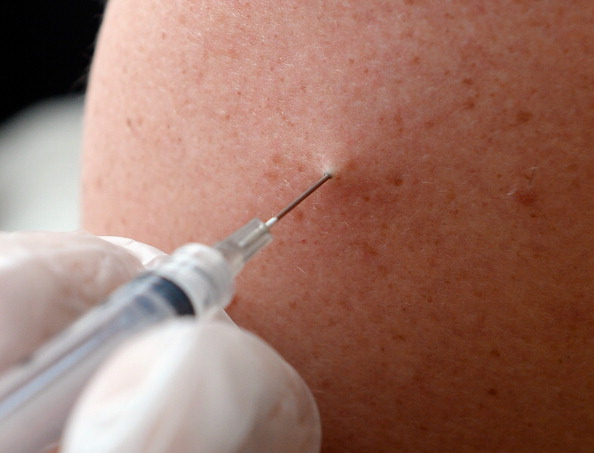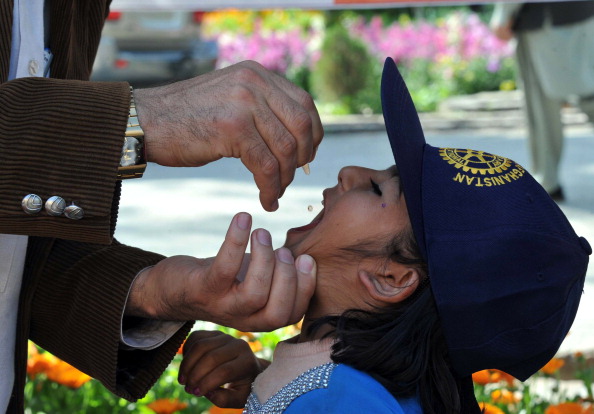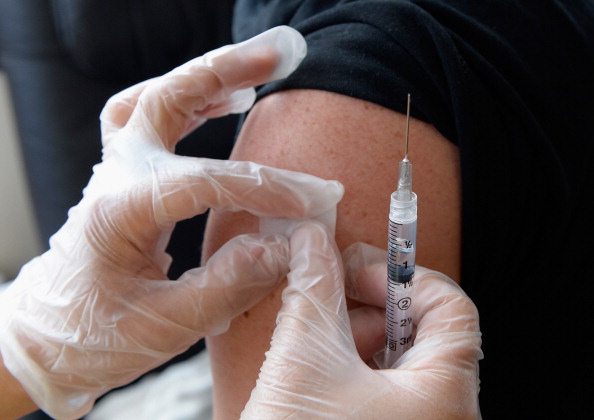Difference between Inoculation and Vaccination

For centuries, medical experts have been trying to discover different methods of treatment that can be less time consuming and more effective. Though, they have not succeeded completely and search is on but still their hard work paid off as they discovered some really useful methods of treatment.
Vaccination and Inoculation are the best examples of such techniques as they are very effective in controlling diseases like polio, plague, cholera, diabetes etc. These treatment methods are so similar in nature that people cannot differentiate easily. Only those who are familiar to medical procedures know that they are quite different.
There few basic differences in these medical procedures and these differences are substantial enough to make a distinction. The first difference is the introduction of germs in the skin of man. In vaccination, medical experts inject dead germs of another disease whereas the introduction of germs of the same disease is part of inoculation. This introduction of germs helps in keeping the patient protected from a severe attack of disease.
Sometimes, vaccines are administrated when a person has already become the victim of a disease. On the other hand, inoculation is done mostly when a person is in good health and has the maximum resistance against diseases. Inoculation has an eastern origin whereas the vaccination technique was discovered in the West.
One may say that vaccination is an updated form of inoculation as it has been developed in last century whereas the inoculation is as old as the disease itself is. Moreover, the inoculation has a twofold effect as it lessens the intensity of disease and gives the immune system a real boost. Vaccination involves the artificial stimulation of immunity to overcome the disease. It also includes several ways to administer immunogens.
Last but not the least; vaccination is more accepted and successful than inoculation.
Instructions
-
1
Vaccination
Vaccination is respected as the most successful method to stop the infectious diseases from spreading. This technique has played a vital role in controlling diseases like smallpox, measles, tetanus and polio. Mostly, the active agents of vaccine are intact but non-infective forms of pathogens and they are highly immunogenic.
- Image Courtesy: gettyimages.com

-
2
Inoculation
Inoculation is considered the oldest method of controlling infectious diseases. It has a long history as this practice was originated in India or in China, according to some historians. Medical experts use unweakened live pathogens in this method. The microorganism used in this method is called inoculant.
- Image Courtesy: gettyimages.com








